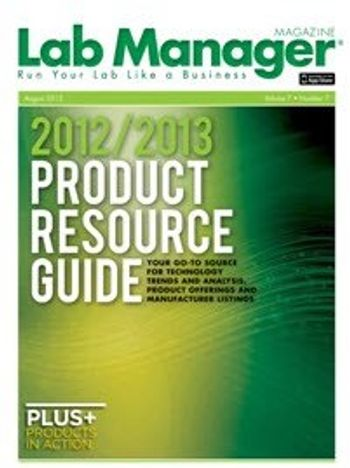
Many industries measure viscosity, though the biggest user is the quality control department using single-point measurement. Research scientists also use viscometers to see how a material reacts to being sheared. The task at hand determines the kind of viscometer to use— different viscometers measure different magnitudes of viscosity and different changes in it. According to one expert, the most important factor to consider when buying a viscometer is robustness, even if users have to give up some sensitivity.
Top 5 Signs That Your Viscometer Needs to be Serviced or Replaced
- The instrument does not pass the leak test.
- The measuring values of a known sample are incorrect.
- Visible signs of leaking at one or more of the seals.
- A strange (screeching) noise occurs when the motor starts up to the measuring speed.
- If the relative deviation of the viscosity and/or the density is out of tolerance.
Top 6 Questions That You Should Ask When Buying a Viscometer
- What kind of temperature control and spindle rotational speed control does the instrument offer? Temperature is critical, since viscosity generally rises as a fluid cools. Spindle rotation may also affect viscosity.
- What range of accessories (ex. sample holders) does the company offer for the instrument?
- How easy to use is the viscometer? Since most users nowadays aren’t experts, an easy-to-use instrument is probably the best fit for most labs.
- What are the sizes of the samples you’ll be working with? This may be an issue when analyzing very expensive materials such as drugs or proteins and cost of ownership is also important for high-volume applications.
- What is the instrument’s measurement range? If you’re analyzing petroleum, from crude oil to gasoline, do you want to change out the capillary for each measurement, or use something that works all the way through?
- What kind of service and support does the company provide?
Article courtesy of LabManager Magazine
Check out our Viscometer Category on LabWrench
